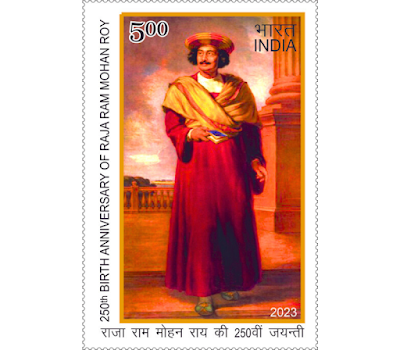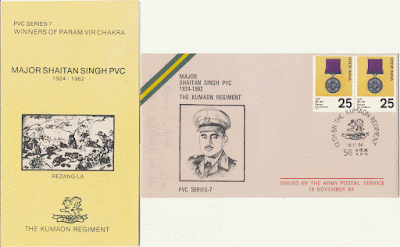The regulation that effectively banned Sati was enacted through the Bengal Sati Regulation, which was passed on December 4, 1829, by the then-Governor-General of India, Lord William Bentinck after years of campaigning by Mohan Roy.
This regulation was a significant step in the efforts to abolish the practice of Sati, where widows were expected to self-immolate on their husband's funeral pyre. The British colonial authorities, along with Indian social reformers, played a crucial role in campaigning against this practice, considering it inhumane and a violation of basic human rights.
The Bengal Sati Regulation of 1829 marked the beginning of legislative measures to eradicate Sati, and similar laws were later extended to other parts of British India. It is an important milestone in the history of social reform and women's rights in India during the colonial period.









